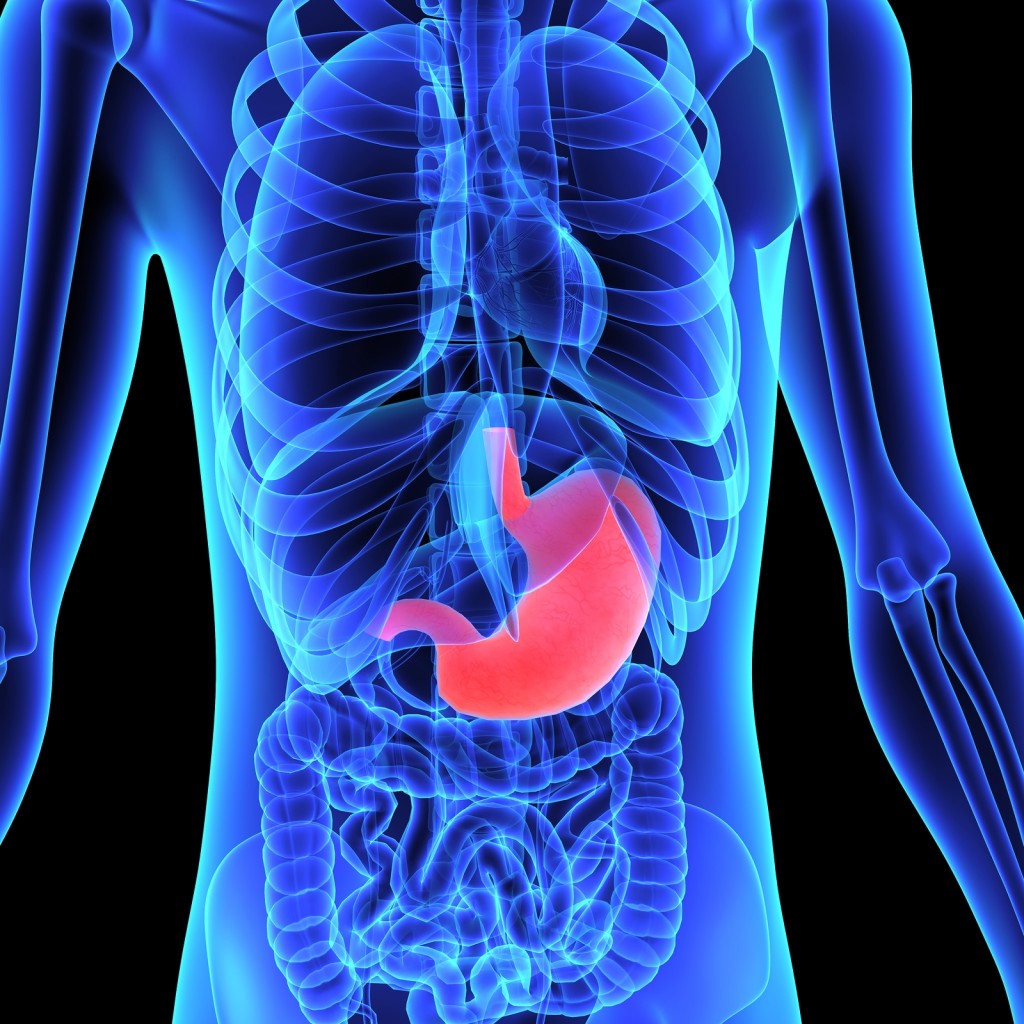- Make It Yourself Lavender Heart-Shaped Bath Bombs!
- 20 Things You Never Knew About “Down There”
- 12 Best Foods For Those Suffering From Arthritis Pain
- 12 Personal Hygiene Mistakes Almost Everyone Makes (Mom Never Told You About #4!)
- 15 Medicinal Plants And Herbs From The Cherokee People
- 12 Mind-Blowing Benefits Of Drinking Coconut Water During Pregnancy
- 12 Outstanding Winter Foods That Won’t Fatten You Up Like A Christmas Turkey
Top 6 Reasons Why You Have Digestive Issues And How To Fix Them

Photo credit: bigstock.com
4. Enzyme Deficiency
Your body needs to produce a sufficient amount of enzymes in order for the digestive tract to work properly and there are many factors that can affect your body’s production of enzymes. Air pollution, lack of sleep, stress, an unhealthy diet, and more can all contribute. Enzyme deficiency results in very poor digestion, poor absorption of nutrients, and a wide variety of gastrointestinal problems such as cramps, heartburn, bloating, and constipation. To maintain healthy enzyme levels, eat more raw vegetables or drink a variety of vegetable juices each day.
5. Pathogens
In addition to a lack of enzymes and an improper gut flora, pathogens and parasites are sometimes to blame for our digestive issues. Your doctor can check to see if you are infected with the H. Pylori bacteria, which is one of the main causes of ulcers and stomach cancer. They can also test you for internal parasites. You can treat most ulcers and other pathogens with lots of fresh, raw, organic garlic. Papaya seeds are also a great way to naturally kill internal parasites.
6. Magnesium Deficiency
Your body needs magnesium for hundreds of processes including digestion. Researchers once believed that magnesium was needed for as many as 325 different enzymatic processes in the body but more recently, that number has been increased to 800! This makes magnesium one of the most important minerals when it comes to your overall digestive process. A deficiency in this mineral causes your entire digestive track to slow down and become lethargic, which leads to constipation and cramps. Without magnesium, your body simply cannot digest foods properly as this mineral is responsible for activating the enzymes that break down food. It also produces and transports energy during the digestion process. Most people do not get enough magnesium in their diets. Eat plenty of magnesium rich foods including dried fruits, dark green leafy veggies, beans, lentils, bananas, whole grains, seeds, and nuts. The body has a difficult time absorbing magnesium from supplements and these supplements can also interfere with certain medications, so speak with your doctor before you consume a supplement. You can also get magnesium by soaking in a tub with 2 cups of Epsom salt, which is not really a salt but is actually magnesium flakes. Soak for 30 minutes at a time at least twice per week for best results.
READ ALSO: 12 Natural Ways To Treat Digestive Problems (Who Doesn’t Love #9?!)
Sometimes digestive issues are not so much a problem with our body itself, but a problem with our diet and the environment we live in today. Taking care of your body and taking the time to give your body what it needs is one simple step towards giving yourself the natural gift of a properly working digestive system.
References:
































